YWCA: Services from and for Walla Walla women
December 5, 2019
The shelter at Walla Walla’s YWCA looks not unlike a college dorm: a hallway breaks off into individual rooms that consist of a bed, table and closet. Upon arrival, residents go over expectations for group living; they carry their toiletries from their room to the bathroom and label their food in the fridge. But this is the only safe place for many of the shelter’s residents, all of whom are women fleeing violent intimate partner relationships, some with their children.
The shelter has existed since 1950, following the 1917 founding of the Walla Walla chapter of the YWCA. It’s one of nearly 250 associations across the U.S. Since 1858, YWCA USA has been “working to improve the lives of women, girls and communities of color through advocacy, local programming and services,” according to its website.
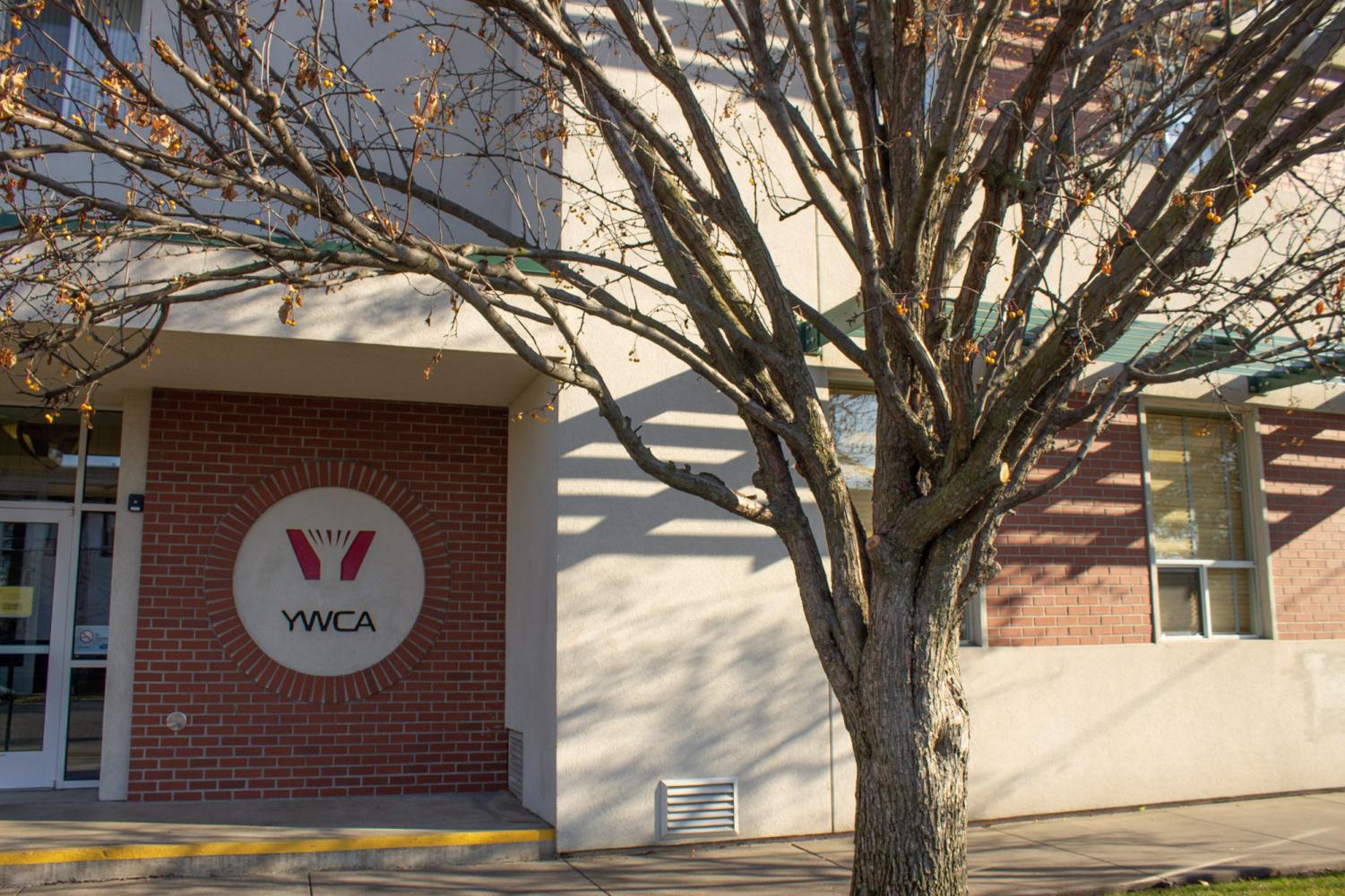
The shelter is just past the offices of the YWCA’s eight domestic violence and sexual assault victims’ advocates, whose job is to support female-identifying survivors of abusive relationships or sexual assault who have come to seek shelter or other assistance.
While at the shelter, advocates meet with clients to support and provide them with resources for finding housing and other needs, says Daphne Gallegos, Whitman senior and YWCA advocate.
“We’ll never impose on them and say you need to get on this waitlist, or you need to go to the food bank, you need to get food stamps. [Instead] we say, ‘hey, these are the options, this is the projected outcome of these options, is that anything that’s interesting to you?’” Gallegos said. “And oftentimes they’ll be like, ‘uh, yeah.’”
Control over what happens next can allow victims to regain some of the power that has been taken from them.
“And that’s part of the victim empowerment model — or survivor, we use them interchangeably, we don’t want to impose an identity upon someone. Depending on what they need, we try really hard to bridge those gaps,” Gallegos said.
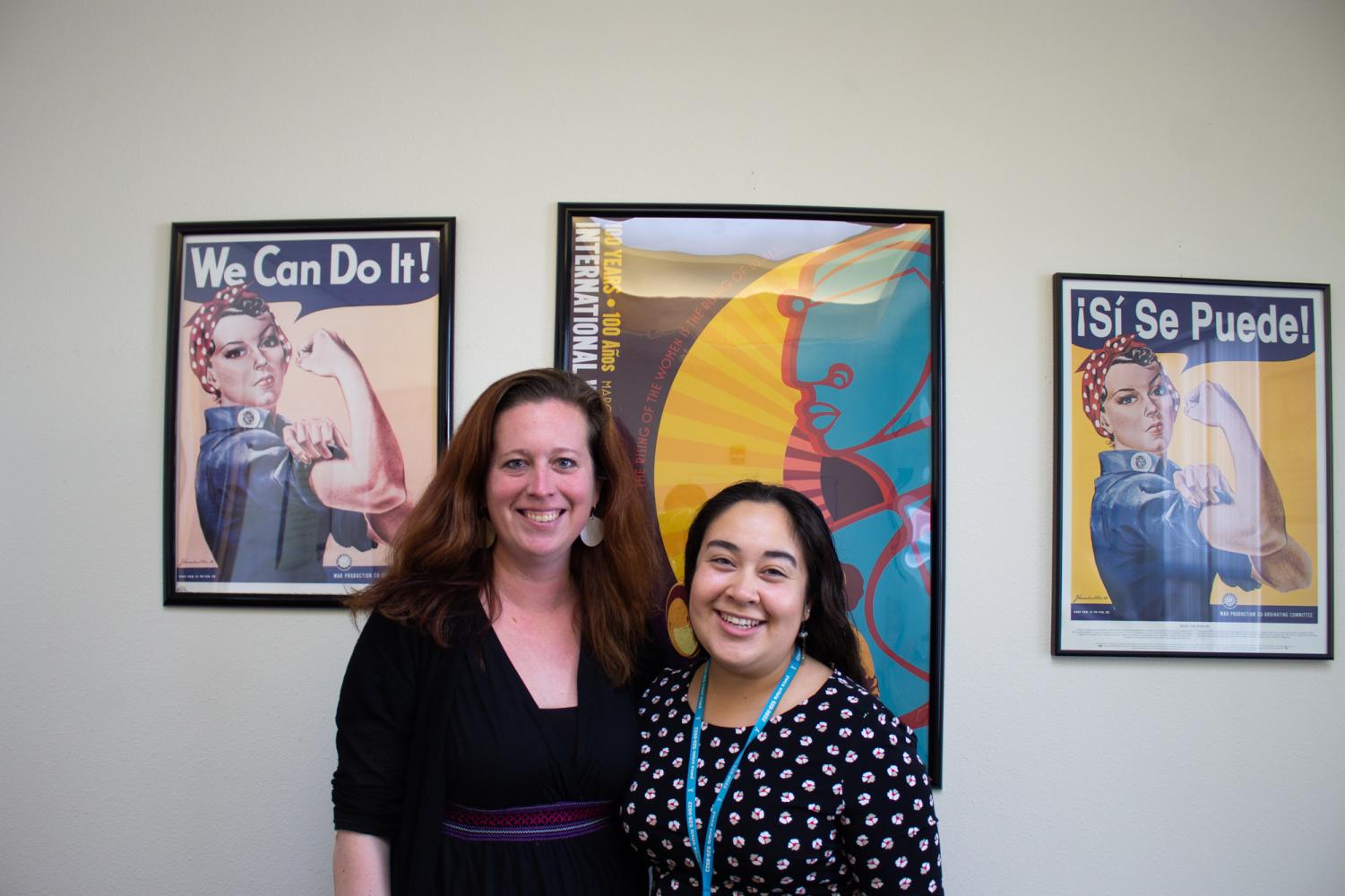
Clients meet with their respective advocates at least once a week, but clients are welcome to check in more frequently. They might do so just to have someone to talk to, or for more information about available resources, says advocate Jessica Matthews.
“Some clients really want to talk to us every single day; they’re processing a lot emotionally, they might need help with legal matters, so we refer them to someone for that, counseling, medical issues …. maybe they have kids they need to get in school, access to medical care, food bank, all sorts of social services,” Matthews said.
Survivors are allowed to stay in the shelter for 90 days, which Matthews says is a soft deadline.
“90 days isn’t a long time to find a new place to live, especially if you’ve got a lot else going on in your life at the time. So that’s what we try to work with them on day one is like, okay, let’s get you on the housing list, let’s get you an appointment with BMAC [Blue Mountain Action Council] housing authority,” Matthews said.
Not everyone who contacts the YWCA is necessarily seeking shelter. Advocates also refer survivors to a therapist who offers free sessions and can go over safety planning if someone isn’t ready to leave their abuser. Thanks to community donations, the YWCA also offers free supplies like clothing, toiletries and baby items. Some clients who have moved out of the shelter come back for support groups, Living in New Circumstances (LINC) groups, or just to chat and re-connect.
Advocates are always at the ready for the unpredictable nature of the job.
“We never know who’s gonna come through our door, who’s gonna call, what will arise,” Matthews said.
Matthews’ position is different from the other advocates as she splits her time fifty-fifty between the shelter and her office at Whitman. On campus, she works with students who have faced sexual assault, sexual discrimination and intimate partner violence.
The role came into being in 2016, when individuals and groups on campus — most prominently a group called the Vigilante Feminists — expressed a desire for a person not affiliated with the school to be present to support sexual assault survivors. Matthews has been in the position for about a year and a half, and says her job consists largely of outreach, so students know she is available should they need help. The content of a meeting with her varies depending on the student’s needs.
“Some students want to meet with me just one time, to either just talk with me about what happened or to understand all of the resources that are available. Some people want to meet with me for recurring appointments, and both options are perfect and wonderful,” Matthews said. “Generally I tell them you’re welcome to share as little or as much as you want to with me about what happened. And then I ask them what it is they need at the time. I make sure they’re feeling safe number one, and then we go from there.”
Matthews emphasizes to the students she meets with that it is up to them what happens next with regards to whether or not they want to report to Title IX or the police, for example. Matthews has also advocated for students who want academic exemptions or to move dorm rooms.
“That’s always the survivor’s choice to choose the path, but it’s my job to make sure they understand all of the options so they can choose,” Matthews said. “And sometimes they don’t know at the time and that’s perfectly fine, too; there’s no time limit on when they have to report anything.”
Matthews’ role on campus is unique because she is not a mandated Title IX reporter (other confidential resources on campus are the Welty Counseling Center, the Health Center and Interfaith Chaplin Adam Kirtley). While advocates are not mental health counselors, Matthews notices that sometimes simply talking to someone helps.
“I find that for a lot of students, just having an outside confidential person just to get everything off their chest, that’s all they want or all they need at the time,” Matthews said.
Gallegos also splits her time between the YWCA and Whitman, where she is finishing her double major in French and biology. Gallegos has been captivated by the YWCA ever since she was introduced to the organization during her SCORE program.
“I immediately was so impressed by the work that all of the women were doing, and I was really, really moved by our executive director Anne-Marie,” Gallegos said. “Since then I’ve said okay, I want to volunteer here, and eventually I want to work here. And I made that very clear with Anne-Marie, so whenever they needed volunteers I was there.”
Gallegos volunteered periodically for three years and then was offered a position working for the Fun Factory – the YWCA’s program that brings crafts and games to local children – the summer after her junior year. Since then, she’s utilized Whitman’s Community Fellowship program and the Whitman Internship Grant to continue working for the YWCA. She finally became an official employee this fall.
Executive Director Anne-Marie Zell Schwerin also began her journey at the YWCA as a young volunteer. Shortly after graduating from Whitman with a politics degree, Zell Schwerin settled down in Walla Walla but struggled to find a social outlet. Eager to become more involved in the community, she joined the YWCA board, where she quickly found her people.
“I remember … just listening to all of the women, young and old, all different backgrounds…and just listening to their stories,” Zell Schwerin said. “And I thought, ‘this is something I’ve never thought about, but I think I’m in the right place. I want to do whatever I can for this organization.’”
Zell Schwerin found opportunities for leadership she says she wouldn’t have imagined for herself without support from the women at the YWCA.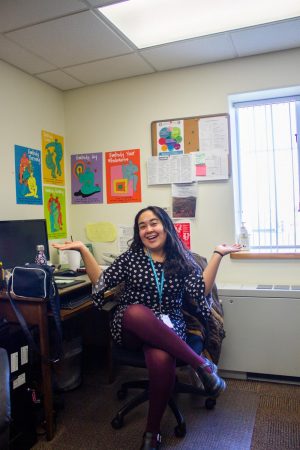
“They said, will you be the board president? I didn’t have a clue what I was doing, but every woman came around me and said, yes, you can. Here, let’s all learn this together,” Zell Schwerin said.
Zell Schwerin eventually was asked to serve on the national YWCA USA. board, and then became an associate director of the Walla Walla YWCA before stepping into the executive director position in 2001.
Since that time, the organization’s mission has remained the same, but much has changed in the sexual assault and domestic violence advocacy field. The Violence Against Women Act, which passed in 1994, meant organizations like the YWCA got unprecedented funding — the Walla Walla branch went from one paid staff member to seven.
Over time, the field has undergone major changes relating to the shelter environment, which used to have punitive rules and strict curfews. It also used to be the norm to keep the shelter location secret, even for the survivor; sometimes, women were blindfolded while driven to the shelter. Zell Schwerin says she’s glad to work in Washington because the state has led the charge towards more progressive and supportive environments.
“If we need to overhaul everything, we’ll overhaul everything,” Zell Schwerin said.
Another overhaul Zell Schwerin notes is the way in which law enforcement approaches domestic violence and sexual assault cases.
“The victim services system — prosecution, law enforcement, the courts: there is so much more awareness and concern about the experiences of victims and survivors of sexual assault in those systems, and a real commitment to how do we improve a survivor’s experience in the court system,” Zell Schwerin said.
One way a survivor’s experience in Walla Walla has improved is the presence of YWCA advocates at the courthouse every day to help victims fill out protection orders, colloquially known as restraining orders. The completion rate for these orders used to be very low due to the length and complexity of the form, but has improved drastically since the introduction of advocates.
Moving the advocates out of the YWCA office and to the courthouse is a part of what is called mobile advocacy, which is a trend in the field currently, according to Zell Schwerin.
“Taking those services to the people and really getting that system to wrap around the survivor, that wasn’t happening in the early days of the movement and that’s been really cool to see change,” Zell Schwerin said.
The Walla Walla YWCA is mobile in more ways than one. Advocates have created school programs, including prevention programs in local junior high and high schools that gets students talking about topics like recognizing signs of an abusive relationship.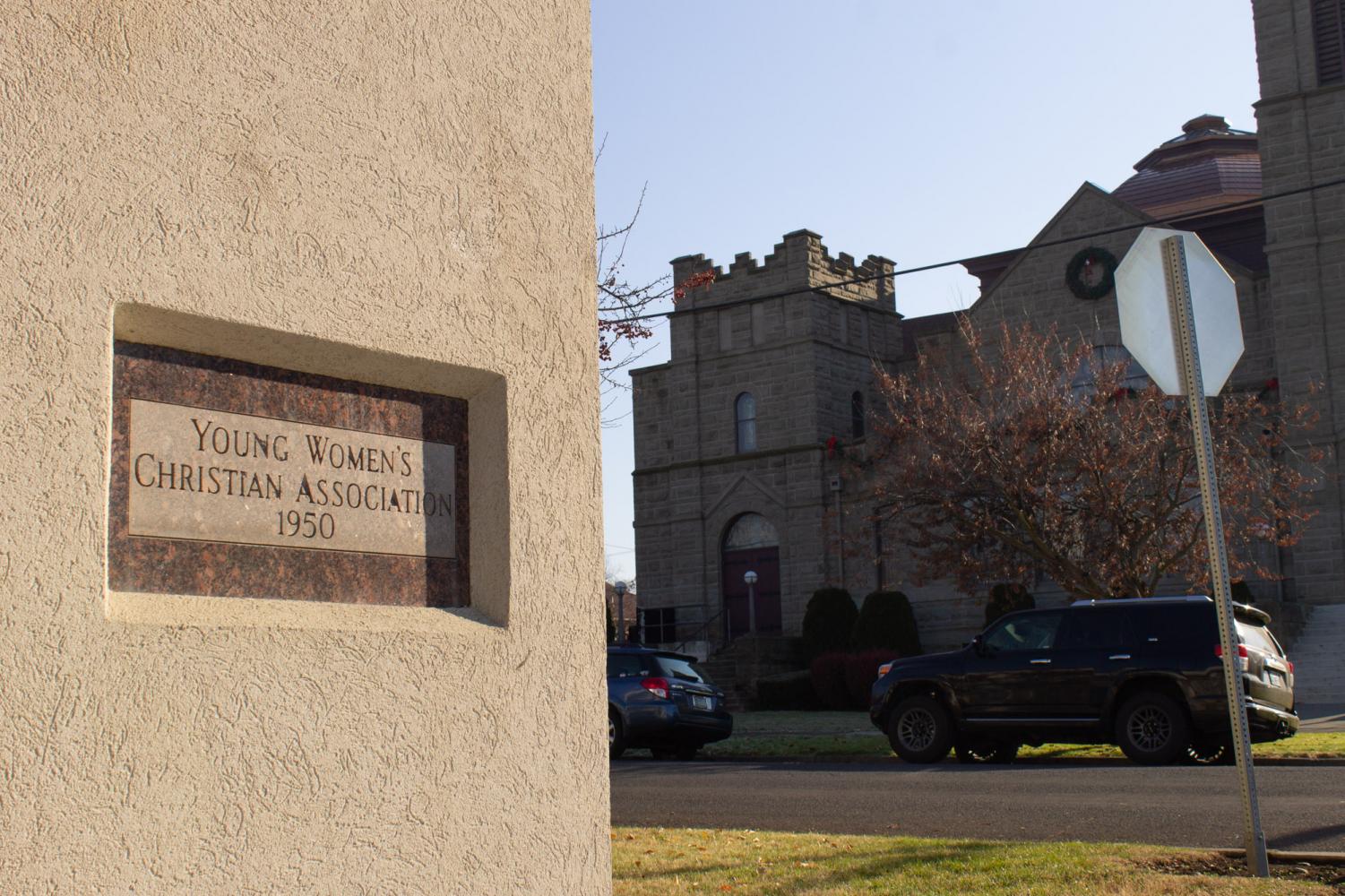
Also in schools is the Mariposa program, which was created in 1997 by the Walla Walla YWCA with the aim of curbing the dropout rate of Latina girls. Led by Whitman students, the program promotes healthy relationships, self-esteem and leadership development for fifth grade girls.
Although plenty has changed in the time Zell Schwerin has been at the YWCA, the spirit of care and empowerment she felt when she first arrived continues to be passed on.
“I just think it’s part of the culture of this organization. I just figured, that’s my job to carry on, because that’s what’s supposed to happen here,” Zell Schwerin said. “To see those younger girls, young women… they’re the ones leading the charge. It’s fantastic.”
Zell Schwerin has seen plenty of examples of women caring for one another not only in YWCA employees, but also in survivors. A woman who moved out of the shelter came back to drop off ingredients for pancakes so women could make them for their children, something she says she wishes she had been able to do when she was in the shelter. Zell Schwerin remembers a survivor who had her clothes taken from her in the hospital following her rape, and went on to donate bathrobes for women who may encounter the same situation.
“Being here really makes you believe in the power of goodness … I’ve always felt that, but I see it every day. It sometimes surprises people, oh you work in this place, it’s gotta be sad, you see people that are at their saddest times, and yes, that’s true, you see people who are going through just terrible things, and you see so much help and support from the community,” Zell Schwerin said.
The hope in the face of sadness that Zell Schwerin describes picks up on the empowerment that permeates the entire organization.
“It was just that community of women holding me up. And it wasn’t just me that they held up, it was everybody in the room, whenever anybody needed it, wanted it,” Zell Schwerin said. “I know what it has done for other women, I get to see it happening every single day. To watch women in shelter find their power and to share that with other people, to hear them encouraging other women, it’s like okay, if we’ve done nothing else, at least we had a little part of helping this happen.”





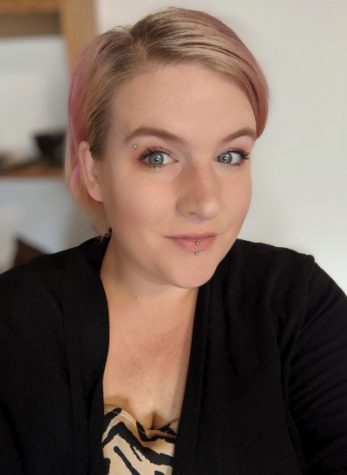
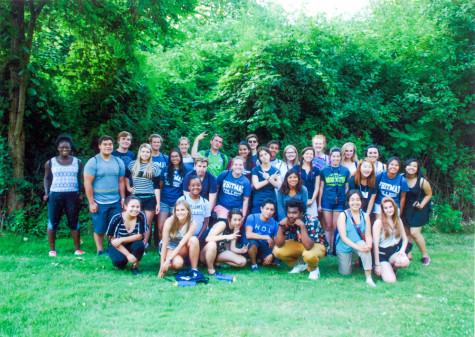
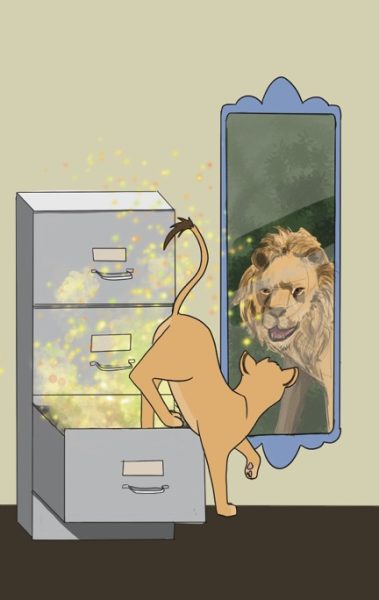
Daleen Marlow • Nov 2, 2020 at 5:52 am
I have been trying to get a bed for over 2 months I am elderly have seizures asthma anemia it is freezing out here Im going to die from freezing instead of domestic violence what is wrong with you I am contacting the head office in the USA u are supposed to put me in a hotel.I am going to file a law suit against you if. I am not in a hotel today I booked a rm at capri on madison I have no money or food stamps.Daleen Marlow 406=641=0411